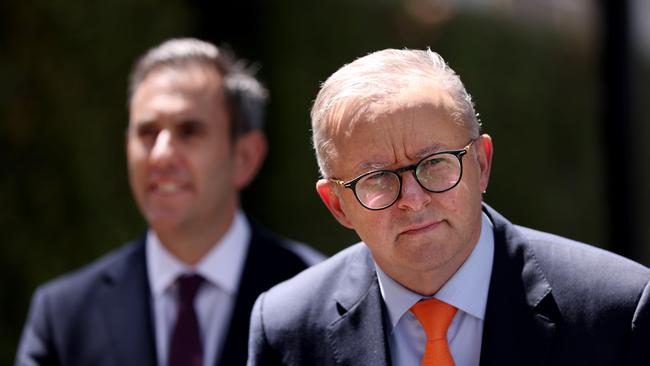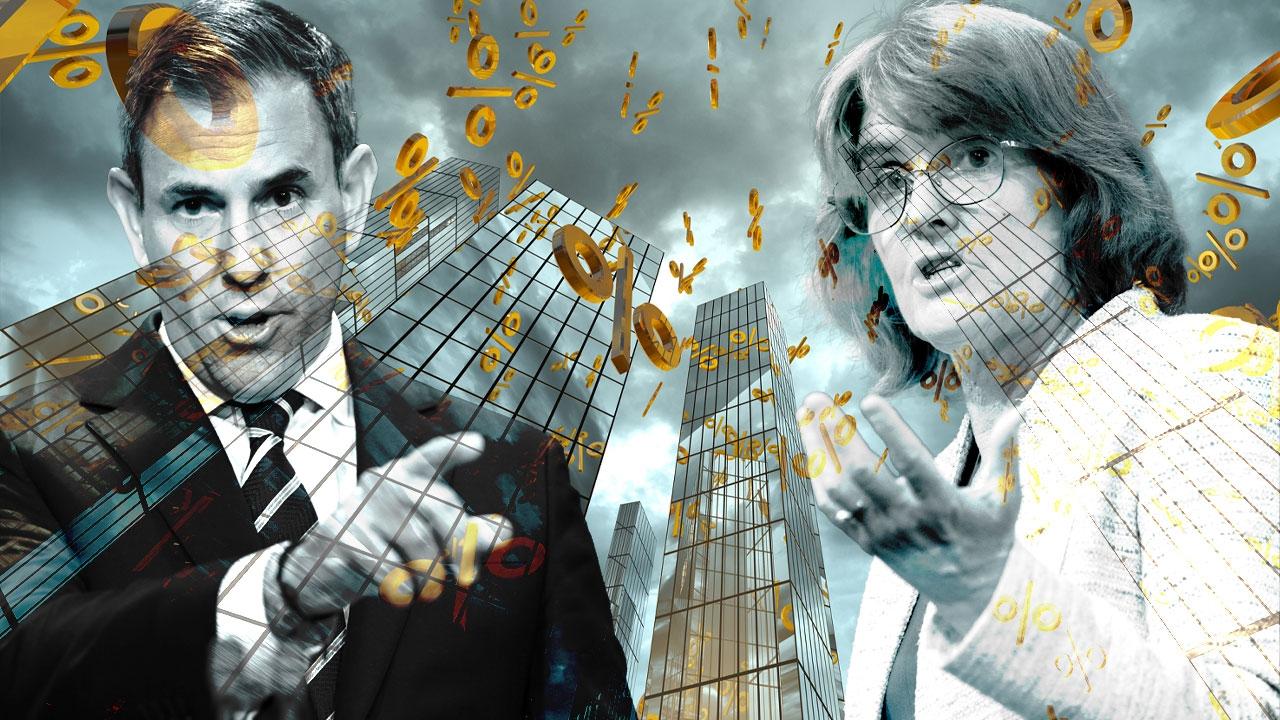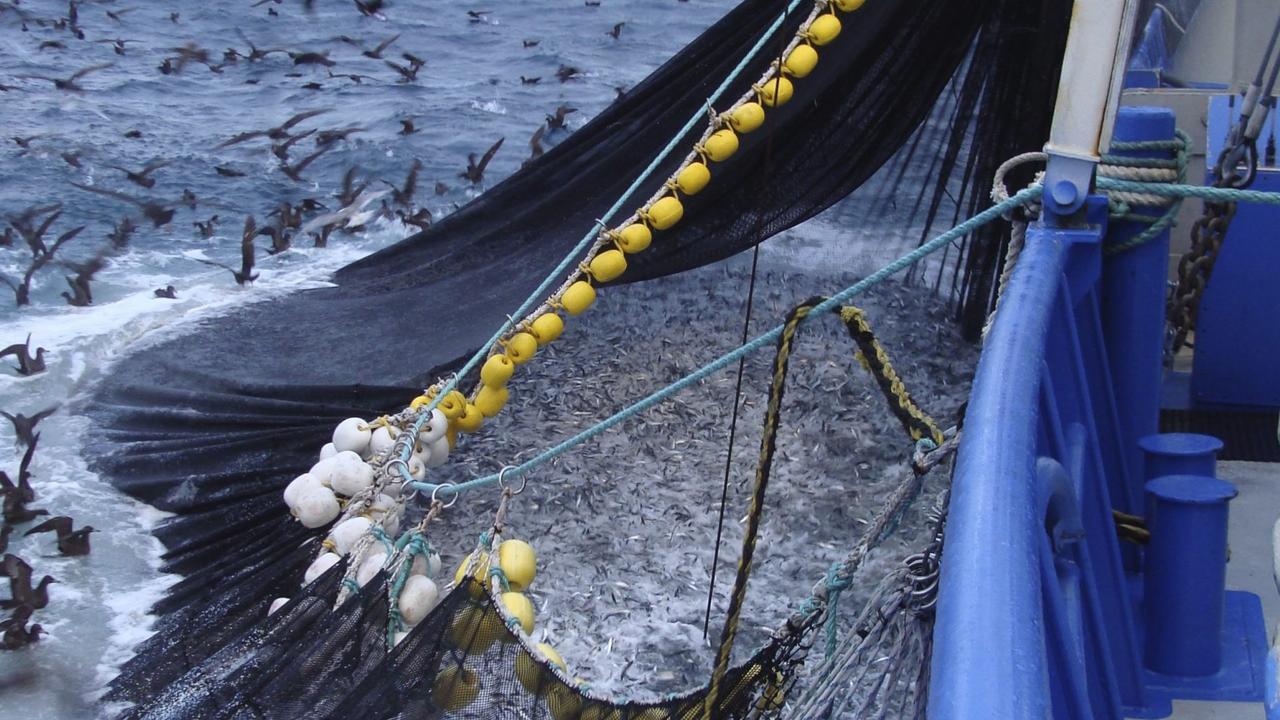Albanese government mugged by new energy reality
The Albanese Labor government isn’t responsible for the alarming rise in energy prices forecast for the years ahead. But it is responsible for making a rather stupid promise.

The Albanese Labor government isn’t responsible for the alarming rise in energy prices forecast for the years ahead. But it is responsible for making a rather stupid promise to bring energy prices down.
Labor reiterated that commitment during the election campaign, when it was well known inflation was on the up and up and there was little chance of containing a rise in energy prices.
It is learning the hard way that making promises in opposition is much easier than keeping them in government. Mugged by the reality of incumbency, the government will be forced in the months and years ahead to do what John Howard did after winning in 1996: distinguish between core and non-core commitments.
For example, it is widely anticipated that Labor will junk the stage three income tax cuts already legislated, despite promises before the election last May and again in budget week to keep them. Of course the government won’t use Howard’s rhetoric – not wanting to have the comparison drawn. But the sentiment will be the same. And that’s just one example; there are many more.
Funding for the National Disability Insurance Scheme is another. Labor pledged to protect the scheme’s configuration as part of the six-point plan Anthony Albanese couldn’t remember during the election campaign (nor, for the record, should he need to – such gotcha politics is BS), but the budget handed down on Tuesday revealed cost blowouts across the forward estimates that the government will need to rein in.
The fact Labor is talking the talk of doing so is a good start. But the budget can’t be described even as a mini-budget or an entree to the real deal in May next year. It’s barely an appetiser for what’s needed. Tax reform, tax reform, tax reform. That right there is what’s needed, and the government can’t push the need for it off into the middle or back half of its first term.
At the very least the budget next May must lay down the markets for future tax reform, even if the implementation is slated for far enough into the future that it is included only in forward estimates for after the next election so voters can sit in judgment before the implementation of a new tax system. Democracy and all that.
In an ideal world, the Jobs and Skills Summit would have been a tax summit, laying a more meaningful and useful platform for future reforms. Instead the government used that talkfest to outflank business ahead of this week’s industrial relations legislative changes – changes that do exactly what business didn’t want. The singalong from the jobs summit is but a distant memory.
Tax reform would have needed more than two days headlined by quasi-celebrity speakers, but had the new government embarked on such a summit it could have used this week’s mini-budget to serve up more than an appetiser to the budget next May.
Step one on the pathway to a tax system suited to what’s left of this century would require a serious discussion about what Australians expect of their government. How interventionist should it be in our lives? What services do we expect from it? And what does it cost to satisfy those expectations, not just now but well into the future? Only then can Australians decide if they are prepared to pay the sort of taxes it would take to achieve such utopia.
Because it may well be that delivery expectations on government are such that tax as a percentage of gross domestic product needs to skyrocket.
After all, we are already burdened by $1 trillion of debt, rising deficits across the forward estimates and a structural deficit that is only getting worse. If higher taxes to cover people’s expectation of government make voters baulk, then what cuts from within those wants come first? And to what point before we find the equilibrium people will vote for?
That’s how truly good government should operate, but are our politicians capable of acting that way? Or is the adversarial system unable to facilitate such a process? Even if politicians are capable of such debates and discussions, what about the media? Or the public? I doubt it on all fronts. So where does that leave us?
In 1964 Donald Horne wrote: “Australia is a lucky country, run by second-rate people who share its luck.” He was lamenting the lack of innovation and ambition in Australian society, especially among Australian elites. Horne believed Australia’s rise in the world wasn’t a consequence of economic innovation or political nous. It was because of the natural advantages we had, in resources for example. If anything that reality has become only more apparent in modern times.
Horne also rued the lack of intellectualism in Australian society, or at least an indifference to it among decision-makers. If anything that sentiment may have worsened.
The luck Horne spoke of may be starting to run out. Tax reform means reducing our over-reliance on income taxes that stifle incentives and productivity. Replacement taxes might include higher consumption taxes, luxury taxes, sin taxes and wealth taxes including death duties. We also can remove or reduce tax concessions, on capital gains, negative gearing and across the superannuation system.
If the debate about how large or small government needs to be to match community expectations happens, the amount of tax relief provided to offset such tax increases also can be discussed. Let’s hope these sort of debates haven’t already been put in the too-hard basket by the government.
Jim Chalmers’ political idol is Paul Keating. His mentor was Wayne Swan, whom he worked for during the Rudd and Gillard governments.
Two treasurers with very different legacies. To be sure, Swan was burdened by the global financial crisis. But he also squibbed on implementing almost any of the findings in the Henry review on taxation – putting Australia well behind the eight ball when it comes to tax reform designed to modernise our economy.
Keating as treasurer embarked on the most substantial micro-economic reforms in a generation. He set up the prosperity this country has enjoyed for decades. He is almost without doubt our greatest treasurer. But that prosperity is now under threat because for too long we have avoided similarly tough and important reforms.
Chalmers must become a Keating, not a Swan, otherwise Horne’s insights into those who govern this country will be accurate. But our luck also may run out.
Peter van Onselen is a professor of politics and public policy at the University of Western Australia and Griffith University.



